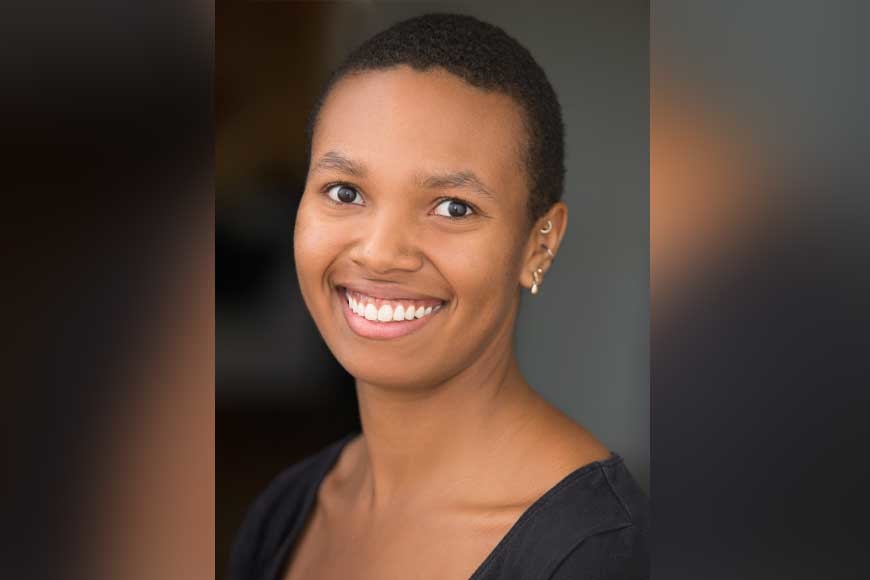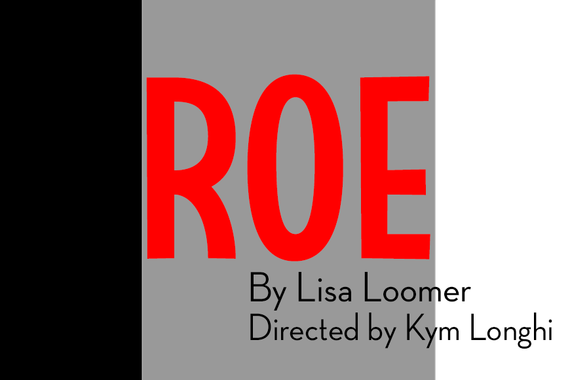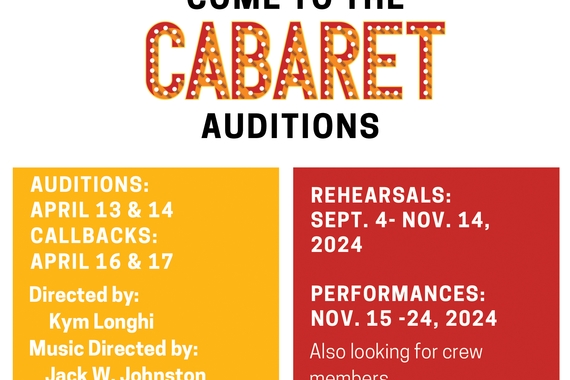Natasha Wright: Leading in Theatre from Behind the Scenes
After graduating from the University of Minnesota/Guthrie Theater BFA Actor Training Program in 2019, Natasha Wright ended up in London, where she currently works in administration at a world-famous theater. Learn how Wright’s liberal arts education helped her land an impressive job abroad.
Where do you currently work? What’s your favorite thing about what you do?
I currently work at the Bush Theatre in London as the theatre administrator and personal assistant (PA) to the executive team. My favorite thing about what I do is getting to sit in the middle of all departments at the Bush and gain a thorough understanding of what makes a successful arts organization function. As a PA, I’ve also been able to learn firsthand about the day-to-day tasks and responsibilities that go into the artistic director role, which is a position I strive to hold one day.
Which of the CLA core career competencies has helped you the most in your career?
The CLA core career competency that has helped me the most in my career is Oral and Written Communication. The ability to consolidate one’s experience into a unique and marketable pitch, and tweak that pitch to make it relevant for different listeners, is seemingly vital for any fast-paced, competitive industry. Being able to clearly and succinctly communicate my goals, strengths, and relevant qualifications—and how these set me apart from other candidates—has helped me secure opportunities that enabled career progression.
What career achievements are you most proud of, and how did your liberal arts education help you accomplish them?
The career achievement I’m most proud of is the inclusion of my MFA thesis project, an all-female digital performance called Monster, in the feminist theatre festival Calm Down, Dear at Camden People’s Theatre. I developed Monster during the COVID-19 lockdown, working collaboratively over Zoom with women from both my MFA course and the Guthrie BFA program. My liberal arts education not only equipped me with the skills to successfully lead on a project, but helped me think critically about what kind of theatre I want to make and engage with and how I can use my art to expand access and representation.
How has theatre changed since you began your professional career? What has resulted from these changes?
The theatre industry has been hugely impacted by the COVID-19 pandemic. With low audience turnout, limited funding and resources, and fluctuating COVID-19 cases amongst audiences, staff, and artists, we’re at a point where the existing business models are no longer sustainable and new ways of making theatre and engaging with audiences must be enacted, making this an exciting time for folks who have long been underrepresented in the arts. The old systems are very tangibly changing, paving the way for greater access, inclusivity, and originality.
If you could go back to your time in college, what advice would you give to yourself at that age?
Something I know now that I wish I had understood in college is that being a student is a great privilege. Acquiring new skills or developing a new creative project requires time, energy, and so much more administration than it did when I was at the U of M. If I could go back to that time, I would advise myself to try as many new things as possible and gain more experience in any areas of theatre that interest me—i.e., taking part in the Fringe Festival; working in the scene shop; seeing as many shows as possible while still eligible for student discounts; directing friends in a play or a short film, just for fun; taking advantage of being immersed in learning and surrounded by talented and available collaborators.
What future endeavors are you looking forward to? How will your liberal arts education help you along the way?
The future endeavor I’m most looking forward to is turning my attention to creative projects again. As part of my training on the University of Minnesota/Guthrie Theater BFA Actor Training Program, we were tasked with working collaboratively to create our own work from scratch. This set me up well for my MFA course at the Royal Central School of Speech and Drama, where my studies were centered entirely on devising new, experimental theatre. Working collaboratively with other theatre makers is what I’m most passionate about, and my training at the U of M has given me a solid technical foundation to build upon and an invaluable network of theatre professionals to work with.
In 2022, we caught up with six alumni of the Department of Theatre Arts & Dance. Read other interviews in the collection.


